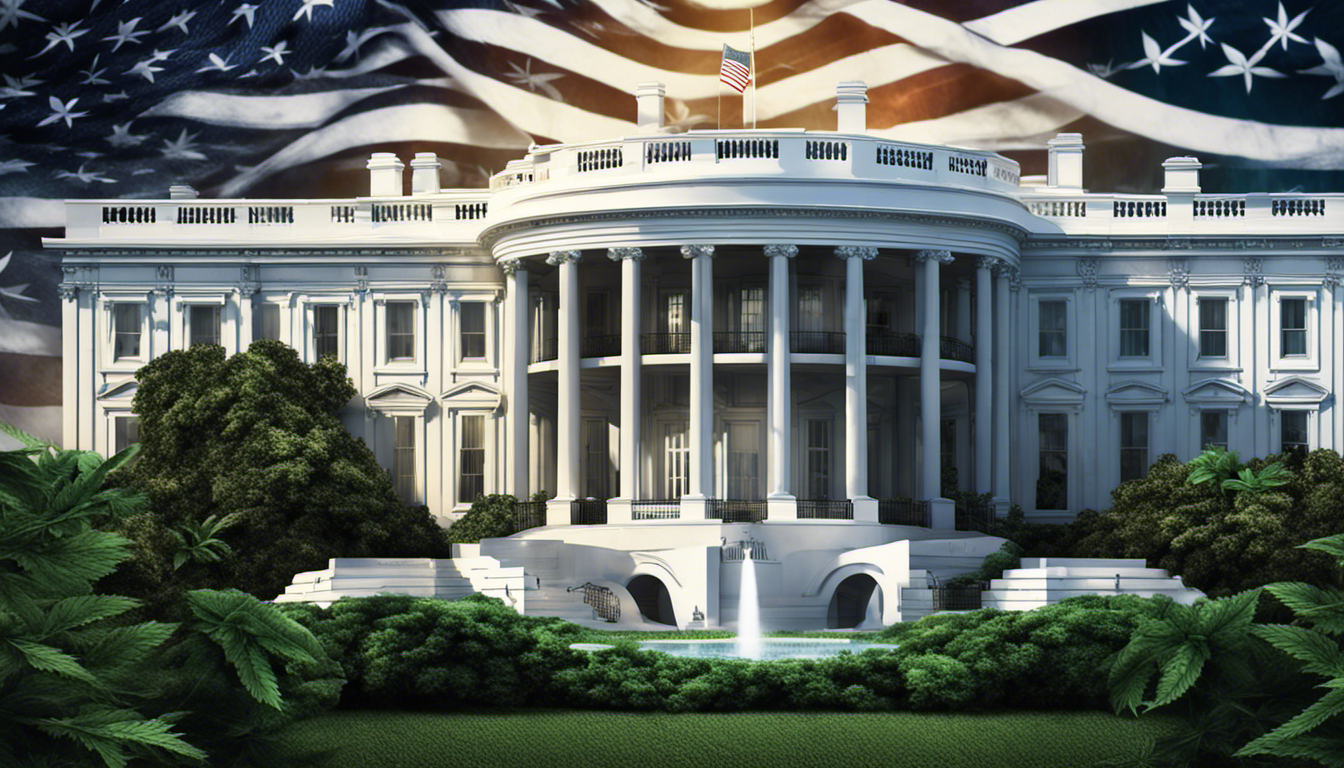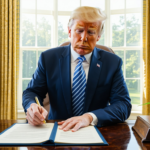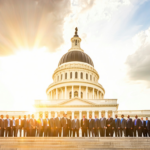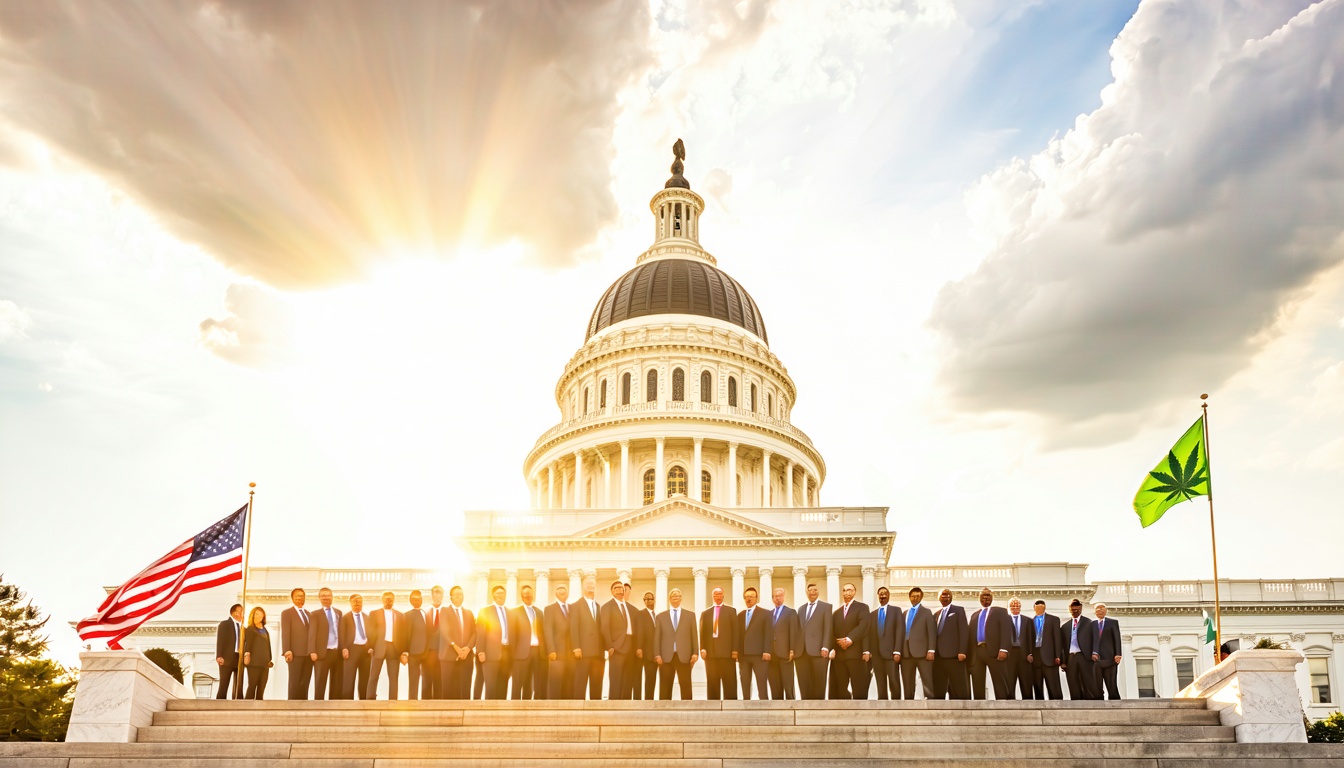As Donald Trump begins his second term as President, the cannabis industry is eagerly awaiting his stance on reform. During his campaign, Trump expressed support for rescheduling cannabis from Schedule I to Schedule III of the Controlled Substances Act, which would acknowledge its medical value and ease the business tax burden. He also backed a Florida ballot measure to legalize recreational use, although it ultimately failed.
However, Trump’s record on cannabis policy during his first term is mixed. While he signed the 2018 Farm Bill legalizing hemp production, his administration rescinded the 2013 Cole Memorandum, which directed federal prosecutors not to pursue cannabis cases in states where it was legal. Additionally, Trump proposed ending federal protections for state medical cannabis programs in his 2021 budget.
Despite this, Trump’s stance on cannabis has evolved, and he has shown a more open approach to reform. Kim Rivers, CEO of Trulieve, one of the largest cannabis companies in the country, believes that Trump recognizes the shifting perspectives and the fact that data and science have advanced across the U.S.
Trump’s potential influence on cannabis reform will depend on his cabinet and public opinion. His recent pick of Congressman Matt Gaetz as U.S. attorney general may align with the industry’s interests, as Gaetz is a vocal supporter of cannabis legalization. However, Gaetz is facing scrutiny amid an ongoing investigation into allegations of a 2017 sexual relationship with a minor.
Cannabis legislative reform ultimately rests with Congress, and opposition within the Republican Party could arise. Trump’s pick of John Thune as Senate Majority Leader, who is a long-time opponent of cannabis policy reforms, could create tensions between the DOJ and Senate over cannabis’s future.
Rescheduling cannabis from Schedule I to Schedule III would benefit licensed businesses by eliminating the 280E tax burden, allowing them to deduct ordinary business expenses like other industries. This could indirectly reduce the tax burden on companies and promote growth.
The SAFE Banking Act, which would offer protections for financial institutions working with cannabis businesses, is another potential area of focus. While not directly targeting the cannabis industry, this act would ease access to banking services for cannabis companies.
However, some experts are concerned about the potential militarization of drug policy under Trump. Jeffrey Miron, senior lecturer at Harvard and director of economic studies at the Cato Institute, believes that the administration’s idea of using the military to fight drug cartels is “totally insane” and could lead to a more militarized drug zone.












